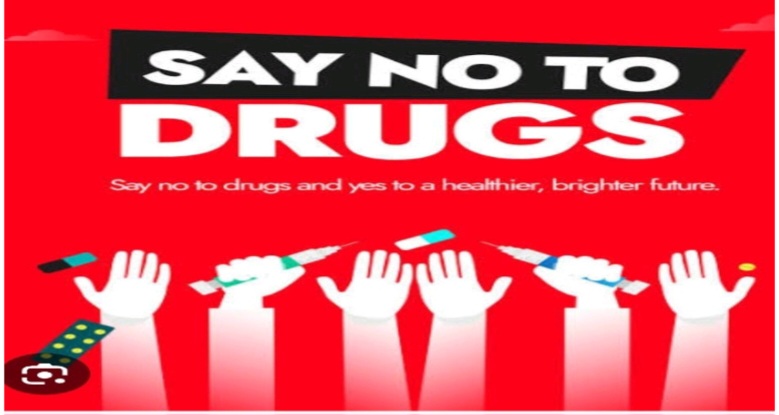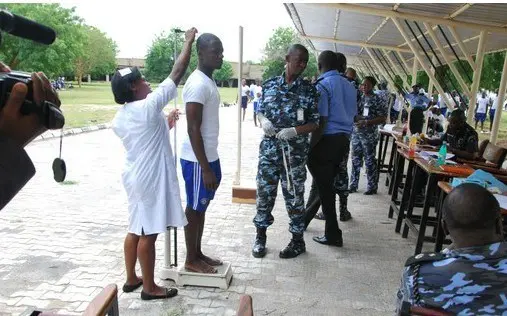
Drug abuse has become a deep-rooted crisis in our society, destroying lives, tearing families apart, and threatening the future of our youth. Despite continuous efforts to curb this menace, substance abuse remains a major challenge, fueling crime, health complications, and economic setbacks. The fight against drugs is ongoing, yet the battle is far from won.
In Delta State, Governor Sheriff Oborevwori has taken a bold step in addressing this crisis through the Drug-Free Delta campaign, an initiative aimed at combating drug use among youths and promoting a healthier, drug-free society.
This program is a significant intervention, raising awareness and providing avenues for young people to stay away from illicit substances. The Governor’s commitment to saving the next generation from the dangers of drug abuse is commendable, but the reality on the ground shows that more needs to be done.
The easy availability of drugs continues to make addiction a growing concern. From marijuana and cocaine to hard substances like methamphetamine and heroin, these dangerous substances have infiltrated even the most unexpected corners of our communities. Many young people fall into addiction due to peer pressure, stress, unemployment, and the desire to escape from harsh realities.
What starts as an experiment quickly turns into dependency, and before long, families are left to deal with the devastating consequences. Parents watch helplessly as their children transform into strangers, trapped in a cycle of substance abuse that ruins their health, education, and future prospects.
The effects of drug abuse go beyond the individual. Families are left shattered, communities become unsafe, and the economy suffers. Hospitals are filled with young addicts battling life-threatening conditions such as liver damage, respiratory diseases, heart problems, and severe mental disorders. Crime rates continue to rise as drug users turn to theft, violence, and other criminal activities to sustain their addiction. The once peaceful atmosphere of many neighborhoods is now replaced with fear and insecurity.
While Governor Oborevwori’s Drug-Free Delta campaign is a step in the right direction, the government alone cannot solve this problem. Parents must play a more active role in their children’s lives, ensuring that they are guided away from destructive influences.
Open conversations about drug abuse should become a norm in households, while schools and religious institutions must intensify awareness efforts. Educating young people about the dangers of drugs is key to prevention, and the responsibility falls on every sector of society.
Beyond awareness, job creation and youth empowerment programs are crucial. Many young people turn to drugs out of frustration, unable to find employment or opportunities for a better life. By providing skill acquisition programs and creating job opportunities, the government and private sector can offer alternatives that steer young people away from substance abuse.
Stronger law enforcement is also essential. Drug dealers continue to operate freely, preying on vulnerable youths and spreading their deadly trade. Authorities must step up efforts to dismantle drug networks and ensure that those who profit from this crisis face the full force of the law. Without stricter enforcement, drug abuse will continue to thrive in our communities.
Ultimately, the fight against drug abuse requires a collective effort. Every parent, teacher, religious leader, and policymaker has a role to play. Governor Sheriff Oborevwori’s efforts through the Drug-Free Delta initiative have laid the foundation for a better future, but this campaign must be reinforced with grassroots efforts, ensuring that the message reaches every home and every child before it is too late.
The time for action is now. A drug-free society is not just a dream—it is a necessity for a brighter, safer future. If we stand together, we can reclaim our communities, protect our youth, and build a society where every child has the opportunity to thrive, free from the grip of addiction.




